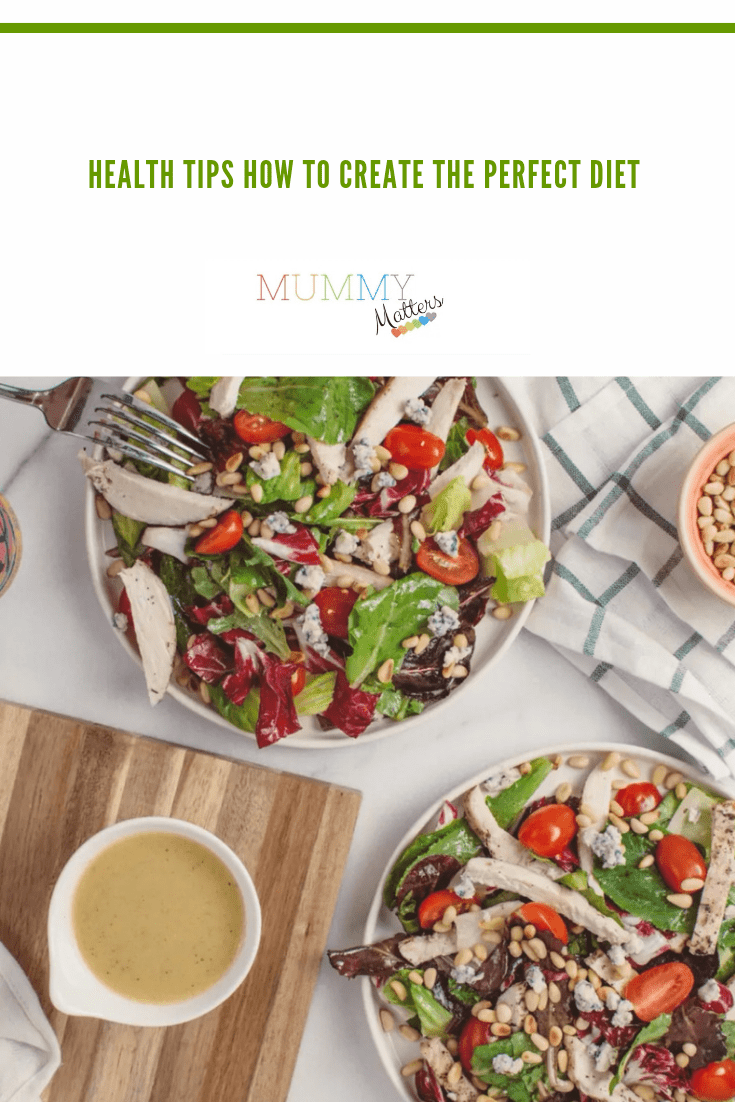There’s no doubt that we are exact replicas of what we consume. The drinks and foods we consume can have a significant impact on the effectiveness of our immune system against infections and the likelihood of having a health problem in the near future. Making a proper diet will not only help our bodies improve physically, but it will also benefit our mental health. It can significantly reduce the likelihood of developing severe heart ailments such as pericardial disease and other unexpected conditions.

People frequently struggle to maintain or even construct a perfect diet because they eat for pleasure. Some people may simply want to have the pleasure of tasting a certain type of food and, as a result, they inadvertently create an unhealthy diet for themselves. However, we should not eat just any meal for the enjoyment of its taste, but rather for the minerals and sustenance it will provide to our bodies.
However, the specific sorts of food required to make our diet excellent and nutritious depend on some elements such as how active or old we are and the types of food available in our locality. Regardless of these considerations, the following health recommendations will assist you in creating a perfect diet—you should consider the following.
1. Eat a Mixed Meal
The human body is extremely complex, and no single diet offers all of the nutrients required to maintain maximum function—with the exception of newborn breast milk. This is why the ideal diet for keeping the body healthy and strong must include various nutritious fresh foods. Your daily diet should include staple foods like maize, potatoes, rice, and wheat, also legumes like beans and lentils. It should also include more vegetables, fresh fruits, and animal products like eggs and fish, which help with tissue growth and maintenance.
Oatmeal, millet, brown rice, and other whole grain meals should be incorporated into your diet as well. They are high in fiber and will keep you full for a long time. You should also eat unsalted nuts instead of snacks high in salt, fat, or sugar. These will form an excellent everyday diet.
2. Reduce Your Salt Intake
Many households are already accustomed to eating a lot of salt in their meals. Some people are fine with it, and many are unaware of the health concerns. This is why it is best to have a health professional brief you on these dietary facts. Those who have sought health advice from the health experts of FCER are well aware that consuming too much salt can result in high blood pressure, which can lead to stroke or severe heart disease. The World Health Organization (WHO) recommends a daily limit of 5 grams of salt or one teaspoon. However, many people consume twice that much in a single day. These salts are frequently added in large quantities to the drinks and processed foods we consume daily, and we frequently end up with a salt overdose.
Lower your use of condiments and salty sauces to reduce your salt intake. When making meals, use salt sparingly, and when shopping, make sure the dry or canned vegetables you’re buying don’t contain added sugars or salt.
When consumed in large quantities, they can be harmful to one’s health. It may appear unpleasant to begin eating meals with less salt, but if you get into the habit, your taste buds will rapidly adapt, and you will like them even better. Finally, always read food labels and choose foods with lower salt content. These steps will help you limit your salt intake and provide you with a healthy diet.
3. Avoid Drinking Alcoholic Drinks

If you want to create a perfect diet, you should refrain from consuming alcohol. Consuming large amounts of alcohol while celebrating is prevalent in many cultures and events. In addition to the pleasure these drinks provide, it is worth noting that they are the reason so many people have been diagnosed with cancer, mental illnesses, chronic heart disease, and other depressing ailments. Excessive consumption or regular alcohol use can raise the risk of injury. The WHO has also indicated that there is no safe threshold for alcohol consumption and that many people who consume less alcohol are nonetheless affected by its negative health effects.
Pregnant or breastfeeding women should abstain from alcohol—driving when intoxicated should be avoided. Those who manage complicated machinery should avoid drinking as well. Drinking alcohol while on medication can induce adverse effects that may impair the individual’s health. Also, while consuming very little alcohol is healthier for your health, it is OK not to take a sip.
A perfect diet will provide you with numerous health benefits. Not only will your body develop perfectly, but it will also lift your spirits and put a smile on your face. Nothing looks more attractive than a cheerful face, so start planning your ideal diet today.


